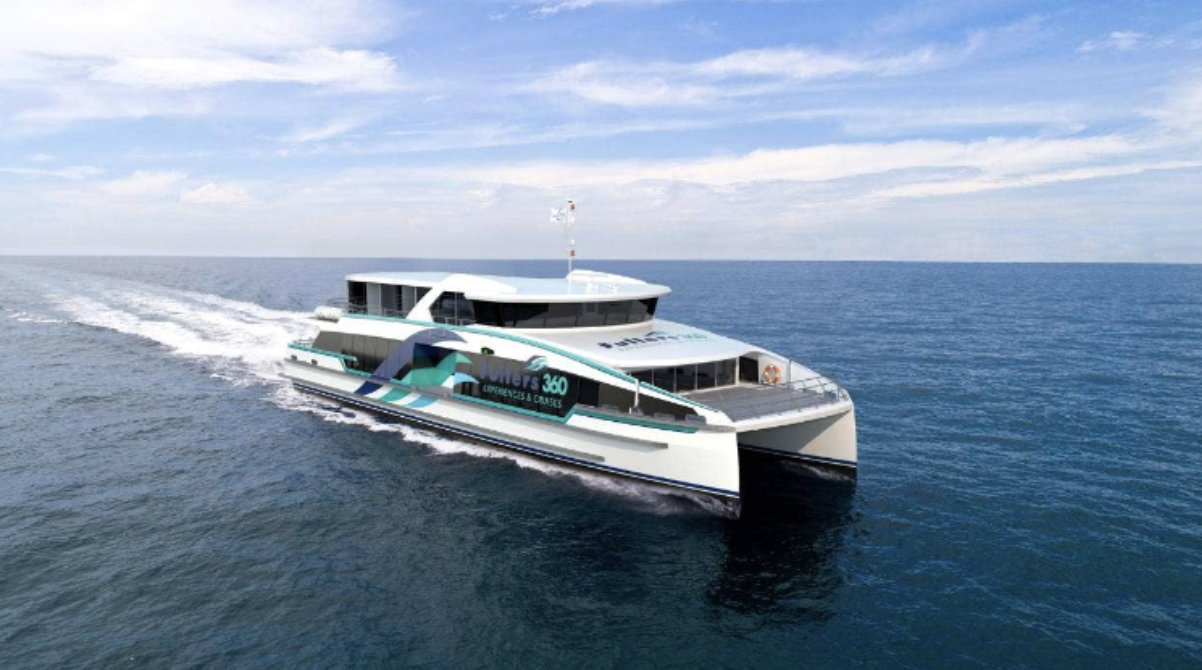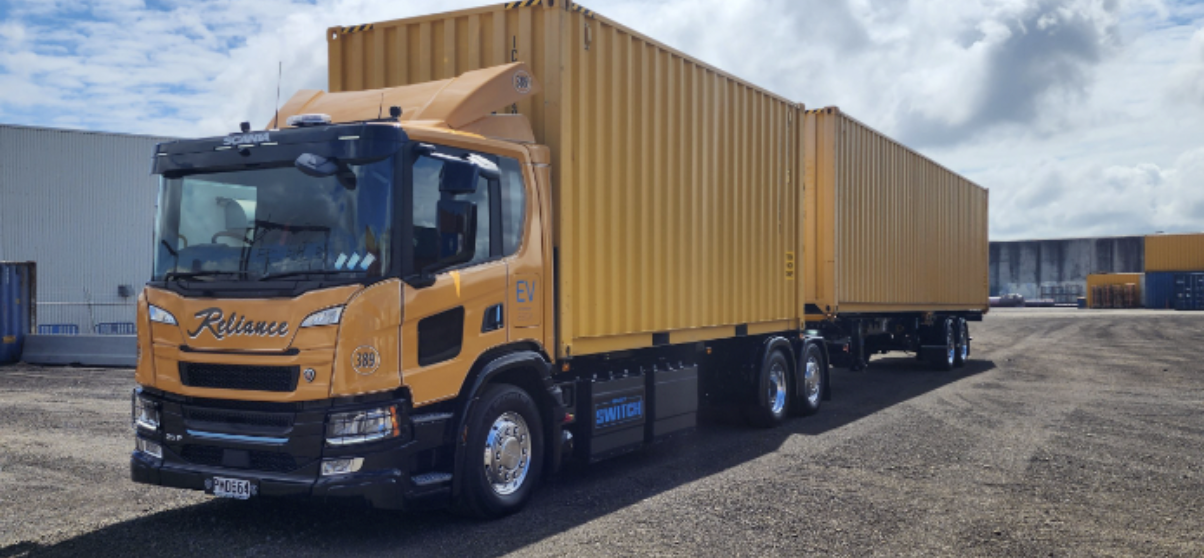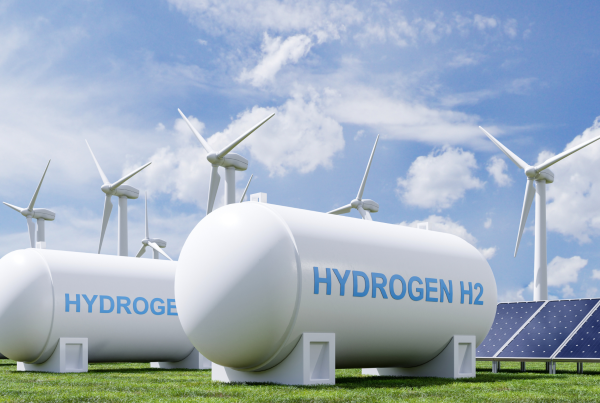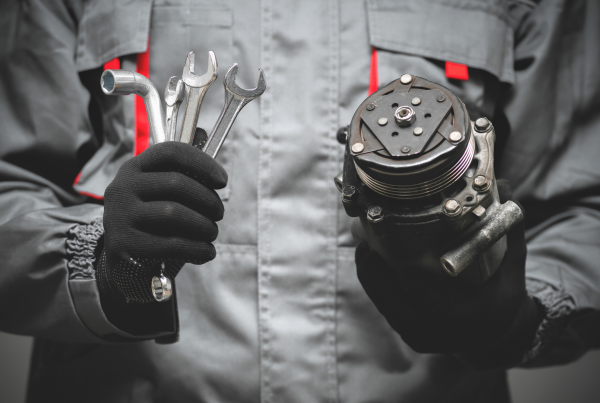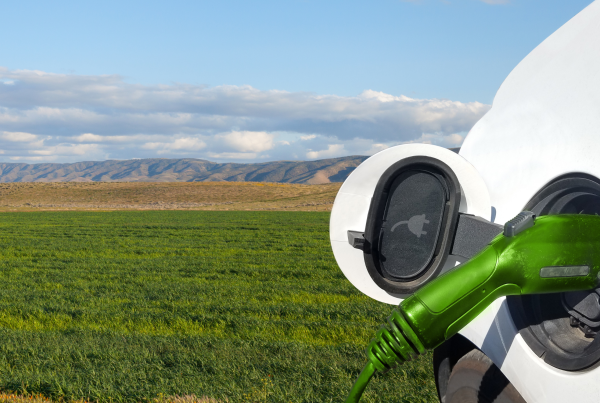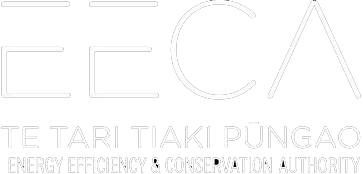Electric cars are more popular in New Zealand than ever! With increasing numbers of car manufacturers introducing electric models and the launch of the Clean Car Discount in 2022, light passenger EVs are now a common sight on our roads.
But, electric transport technology isn’t just useful for your daily commute. There are several ambitious Kiwi companies working to electrify our entire transport sector. From the ocean to the skies, here are the other EVs you might spot around New Zealand in 2023.
Auckland’s first high-speed PHEV ferry
Fullers360 has reached a critical turning point in their decarbonisation journey: the introduction of Auckland’s first electric hybrid fast ferry to the Hauraki Gulf ferry network in 2023. This will reduce carbon emissions by 750,000kg on the Devonport route alone!
Designed by industry leader Incat Crowther, the new electric vessel is anticipated to be finished this year and optimised to be up to 100% electric. The ferry will be able to carry 300 passengers on the Devonport route and travel to other destinations as needed, offering a safe, comfortable and highly reliable commercial rapid transit service.
This innovative new ferry will be entirely constructed in New Zealand by Q-West. It will have a cutting-edge electric-hybrid propulsion control system from HamiltonJet, allowing the ferry to operate at faster speeds with better manoeuvrability, all while consuming less energy and providing greater operational resilience.
Fullers360 says this is the first step in a broader plan to replace their ageing diesel fleet with electric vessels – a vision that responds to the climate crisis, supports the Government’s climate reduction goals, and protects the environment their business operates within and on every day.
Learn more about Fuller’s emerging electric ferry fleet here.
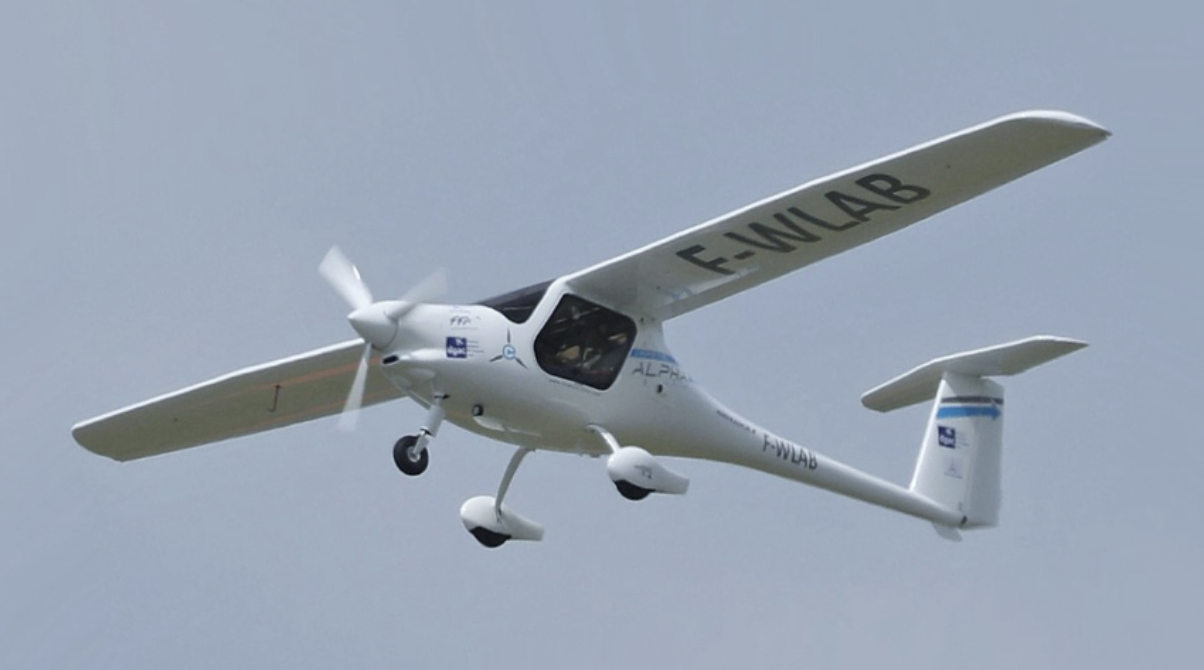
Electric Aeroplanes
Electric planes are also in development in New Zealand. The Alpha Electro, submitted by Electric air, is a battery-electric two-seater aircraft, helping to solve the urgent issue of greenhouse gas emissions produced by the aviation industry.
The interchangeable battery units power an electric motor directly driving the tri-bladed propeller; no fuel, no oil, no spark plugs!
The plane has a flying time of around 90 minutes, which allows around an hour of flight time with half an hour reserve. This makes the aircraft more than ideal as a training craft, as almost all training flights are under an hour.
Electric Air believes the Alpha should be able to replace around 90% of typical training flights – and, therefore, 90% of the emissions that go with it.
While these planes are still in the early stages of development, they have the potential to revolutionise air travel and pave the way for even bigger aircraft to join the electric revolution.
Fonterra’s electric milk tanker
Fonterra, New Zealand’s largest dairy company, has launched New Zealand’s first electric milk tanker, ‘Milk-E’, as part of their effort to decarbonise their fleet and create a more sustainable future for the dairy industry in New Zealand.
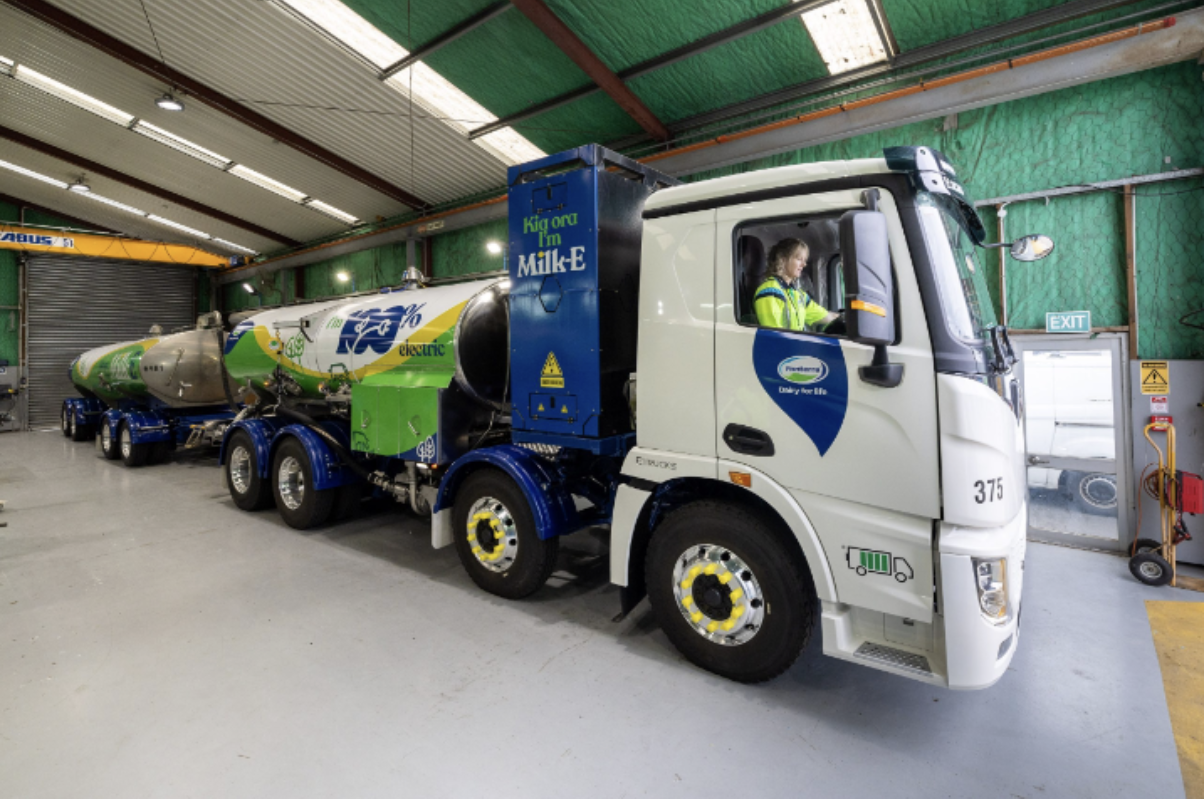
The e-vehicle, which operates out of Fonterra’s Waitoa UHT plant, is the first of its kind to be introduced in New Zealand but is the first step in a large-scale plan to convert a third of Fonterra’s ‘light-vehicle’ fleet to electric later this year.
The tanker will be used to collect milk from farms and transport it to processing plants. The vehicle is powered by an electric motor and battery pack, making it a zero-emission option for milk transportation. Milk-E will have a range of up to 200km on a single charge, which is more than enough to cover the distance between most farms and processing plants. A fully electric motor and pump have also been added, eliminating the hydraulic tank and pump requirement.
Electric Trucks
Reliance Transport, a last-mile cartage provider in South Auckland, is also thrilled to be a part of the growing list of new EVs to the market, being the owner of the nation’s first two battery-powered Scania trucks.
The first generation 29-tonne (GCW) battery electric vehicles (BEVs) will aid the heavy transportation sector’s decarbonisation, reducing its “outsized impact” on the nation’s greenhouse gas emissions.
Reliance Transport is now working on developing a sustainable micro-grid on site to provide a 1MW charging capacity for their electric fleet.
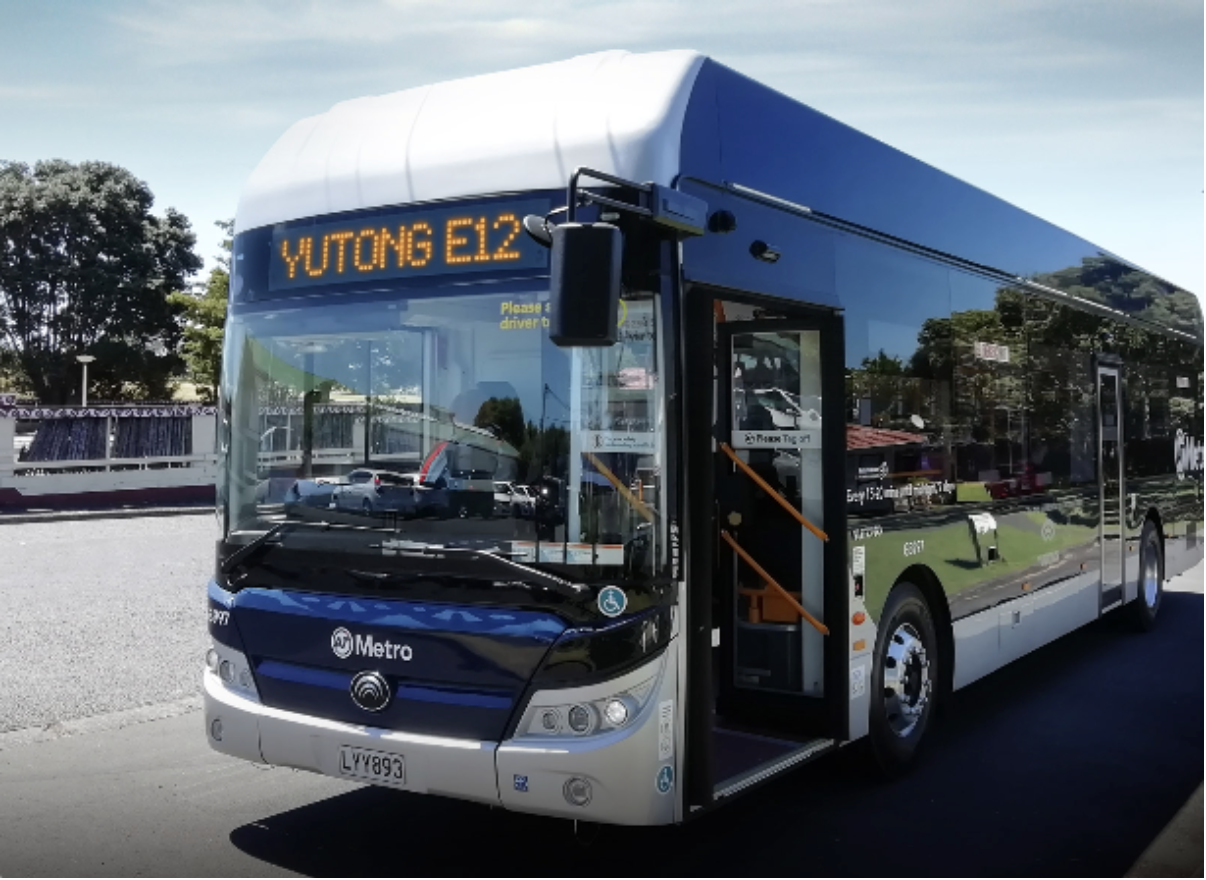
Electric Buses
One of the most exciting new developments in the EV space is the arrival of Electric buses in New Zealand. JW group, a leader in zero-emission commercial vehicle technology within New Zealand, has expanded their range of Yutong full electric bus models to service the public in Auckland, Christchurch, and Wellington.
The JW group is dedicated to importing and marketing electric buses for the New Zealand market and their vehicles are part of Australasia’s most prominent electric bus order in a partnership between AT and NZ Bus.
This means an additional 152 battery electric buses will be seen on Auckland’s roads over the next four years, replacing around 12% of the city’s diesel fleet. The zero emission buses are also much quieter than traditional diesel buses, making for a cleaner and more pleasant public transportation experience.
These BEVs are expected to reduce greenhouse gas emissions from the AT Metro bus fleet by an estimated 11% per year – almost 10,000 tonnes of carbon dioxide annually!
The rapid development and implementation of non-car EVs in New Zealand is crucial in the mission to make NZ transportation cleaner, quieter, and more efficient. As these technologies continue to improve, we can expect to see even more non-car EVs on our roads, air, and ocean in the future.


